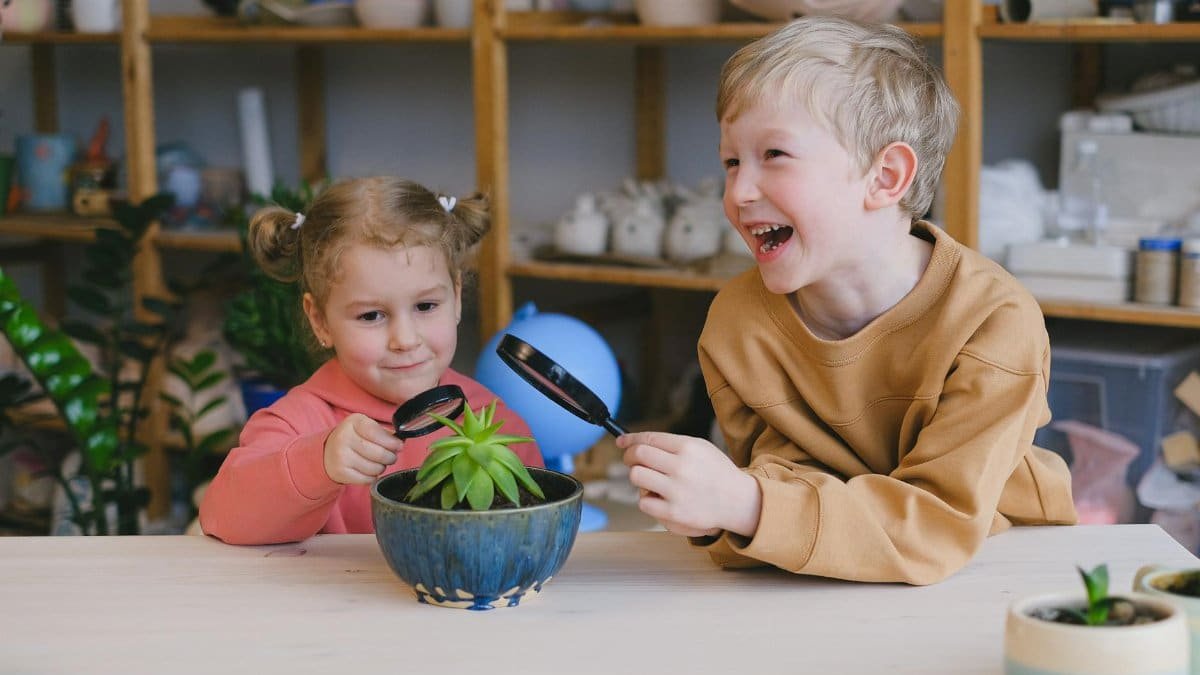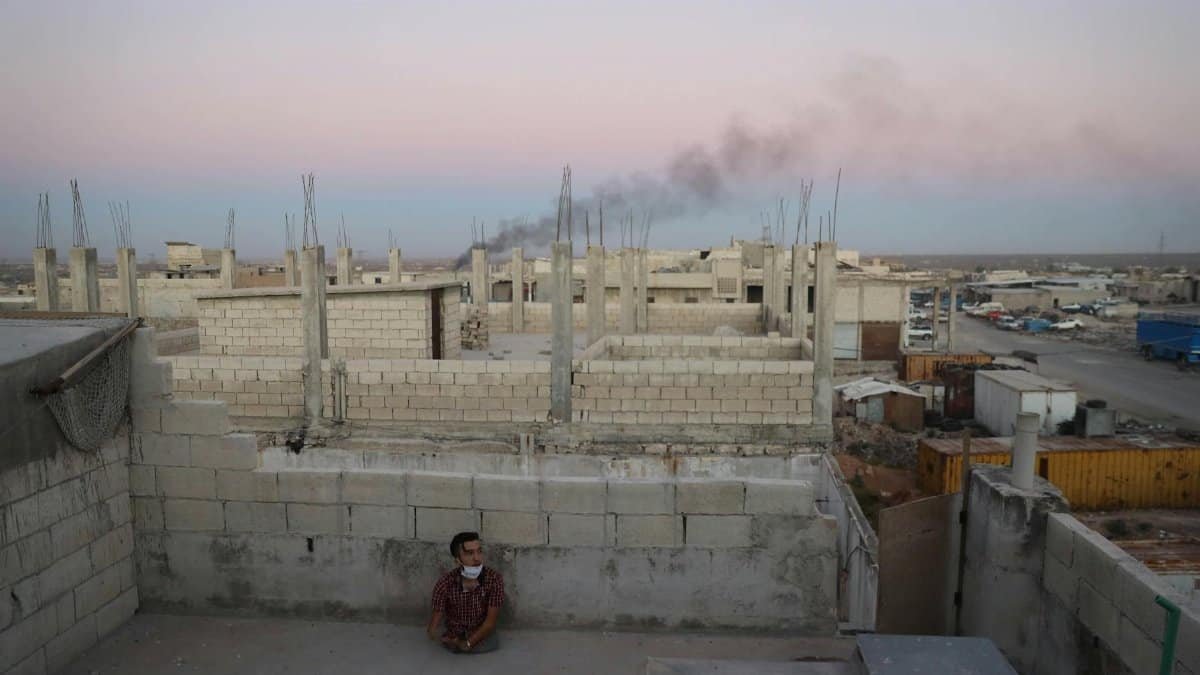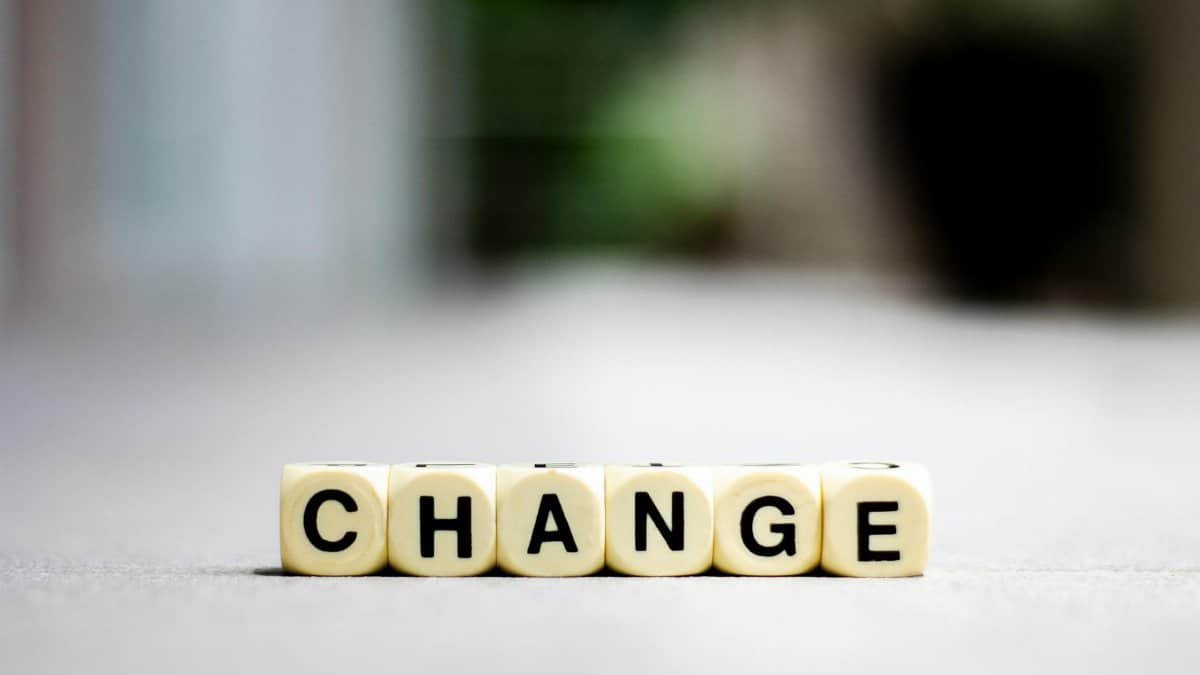New data shows that 40% of Americans now turn to meditation to manage stress and achieve emotional balance, up from just 14% a decade ago. This surge highlights meditation’s growing role in everyday life, especially amid rising mental health challenges. Simply put, meditation is a practice of focusing the mind to foster awareness and calm, and it matters because it equips people with tools to navigate emotions more effectively. As more individuals seek ways to unlock inner peace, meditation stands out as a accessible key to emotional stability.
The Science Behind Meditation’s Emotional Benefits

Meditation isn’t just a trendy buzzword; it’s backed by solid research. Studies reveal that regular practice rewires the brain, reducing activity in the amygdala, the area linked to fear and stress. This leads to better emotional regulation. For instance, a Harvard study found that mindfulness meditation increases gray matter in regions associated with self-awareness and compassion. People report feeling more balanced after just eight weeks. In 2025, with mental health apps booming, these findings make meditation a go-to for emotional health. It’s not magic—it’s neuroscience at work.
How Meditation Builds Resilience in Relationships

In the realm of healing relationships, meditation shines by fostering empathy and patience. Practitioners often find they respond to conflicts with less reactivity. Imagine diffusing an argument by pausing to breathe deeply—that’s meditation in action. Research from the University of California shows that couples who meditate together experience stronger bonds and fewer misunderstandings. It shifts energy from blame to understanding, creating space for genuine connection. As emotional-health trends evolve in 2025, incorporating meditation can transform rocky partnerships into supportive ones.
Overcoming Common Barriers to Starting Meditation

Many shy away from meditation thinking it’s too time-consuming or woo-woo. Truth is, even five minutes a day counts. Beginners face wandering minds, but that’s normal—it’s part of the process. Apps like Headspace guide users through basics, making it approachable. A study by the National Institutes of Health indicates that consistency, not perfection, yields results. Push past the initial discomfort, and you’ll unlock emotional ease. For those in high-stress jobs, this practice offers a quick reset without needing a guru.
Meditation Techniques for Daily Emotional Balance

Dive into simple methods like mindfulness breathing or body scans. Start with focusing on your breath for a few minutes; it calms racing thoughts. Loving-kindness meditation, where you send positive vibes to yourself and others, boosts compassion. According to a report from the American Psychological Association, these techniques reduce anxiety by 20-30%. Tailor them to your routine—morning sessions set a positive tone, evening ones unwind the day. In busy 2025 lifestyles, these tools promote intentional living.
The Role of Meditation in Energy Shifts

Meditation facilitates profound energy shifts, moving from chaos to clarity. It clears mental clutter, allowing positive emotions to flow. Users often describe a “lightness” after sessions, as if shedding emotional baggage. A study published in the Journal of Positive Psychology links this to increased life satisfaction. For those healing from past traumas, it provides a safe space to process feelings. As energy-shift practices gain traction, meditation emerges as a cornerstone for emotional transformation, enabling freer, more authentic lives.
Real-Life Impacts on Emotional Health

Take Sarah, a New York executive who started meditating amid burnout. Within months, she handled work stress without lashing out at family. Her story echoes many: improved mood, better sleep, and deeper connections. Data from the Centers for Disease Control and Prevention shows meditation correlates with lower depression rates. In the category of life-change, it’s a game-changer, helping individuals live with intention. As 2025 brings more focus on wellness, these personal victories underscore meditation’s power.
Integrating Meditation into Modern Lifestyles

Fitting meditation into a packed schedule is easier than you think. Try micro-sessions during commutes or lunch breaks. Workplace programs now include it, recognizing its boost to productivity. A Pew Research survey notes rising adoption among millennials for emotional balance. Combine it with journaling for amplified effects. This integration supports healing in relationships by promoting self-awareness. With apps and online communities, access is universal, making emotional freedom attainable for all in today’s fast-paced world.
Long-Term Effects on Life Change

Over time, meditation leads to lasting life changes, like breaking negative patterns and embracing positivity. Practitioners often report heightened intuition and better decision-making. Research from Johns Hopkins University suggests it even alters gene expression related to inflammation, aiding overall health. In terms of emotional-health, it builds a foundation for sustained well-being. As we navigate 2025’s uncertainties, this practice offers a reliable path to unlocking ease and intention in daily living.
